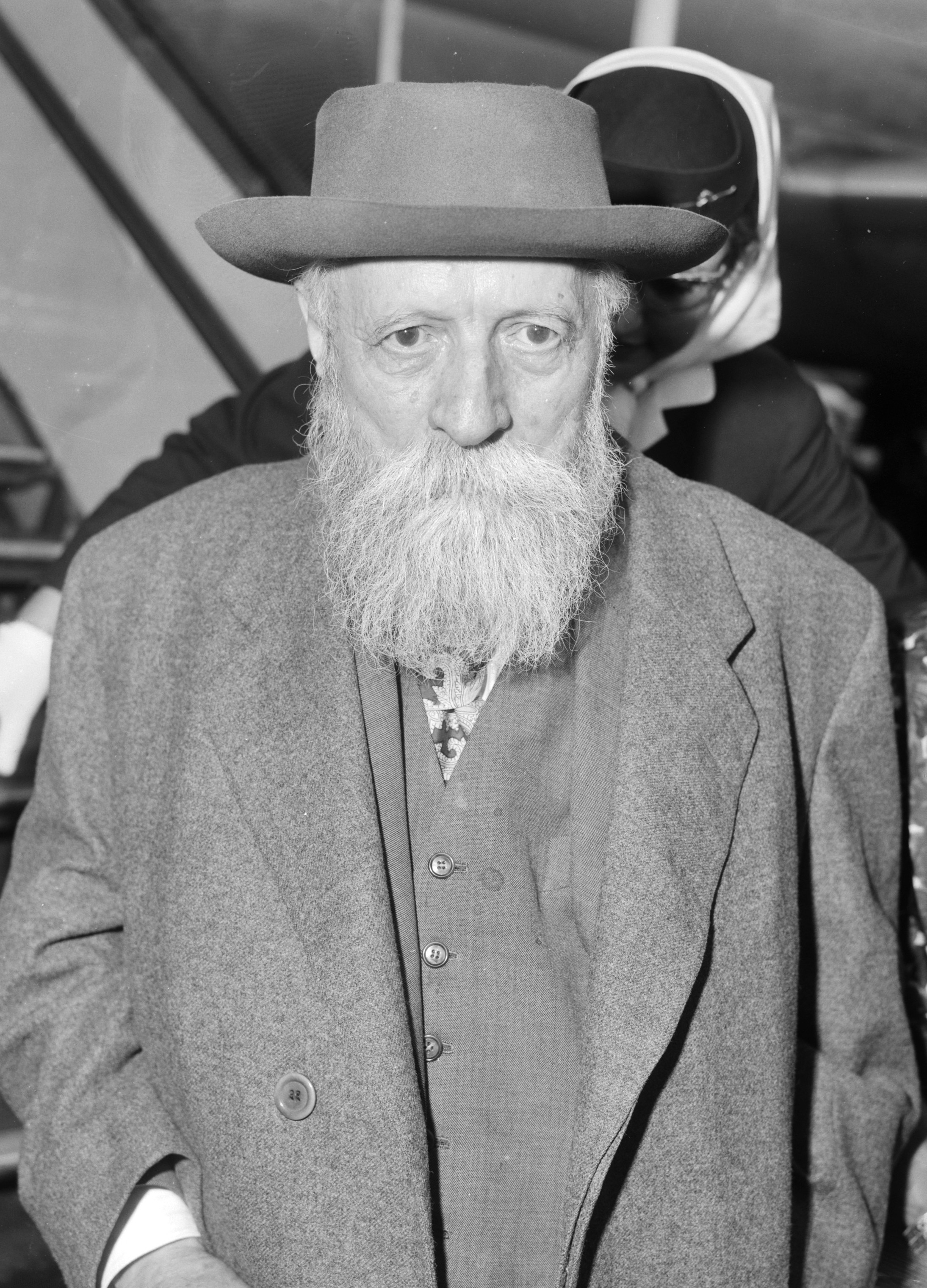Martin Buber słynne cytaty
„Kto chce rozmawiać z Bogiem, nie rozmawiając z człowiekiem – tego słowo błądzi.”
Źródło: Jerzy Bagrowicz, Edukacja religijna współczesnej młodzieży. Źródła i cele, Uniwersytet Mikołaja Kopernika, 2000, s. 174.
Źródło: Jarosław Gara, Pedagogiczne konteksty tez filozofii dialogu, „Człowiek – Niepełnosprawność – Społeczeństwo” nr 1/2006, s. 11.
Martin Buber: Cytaty po angielsku
As quoted in Encounter with Martin Buber (1972) by Aubrey Hodes, p. 135
Variant translationː All actual life is encounter.
Wariant: All real life is meeting.
Źródło: I and Thou (1923)
“The prophet is appointed to oppose the king, and even more: history.”
BBC radio broadcast (1962), as quoted in The Great Thoughts (1984) by George Seldes
“All journeys have secret destinations of which the traveler is unaware.”
The Legend of the Baal-Shem (1955),1995 edition, p. 36
I and Thou (1923)
Kontekst: Some would deny any legitimate use of the word God because it has been misused so much. Certainly it is the most burdened of all human words. Precisely for that reason it is the most imperishable and unavoidable. And how much weight has all erroneous talk about God's nature and works (although there never has been nor can be any such talk that is not erroneous) compared with the one truth that all men who have addressed God really meant him? For whoever pronounces the word God and really means Thou, addresses, no matter what his delusion, the true Thou of his life that cannot be restricted by any other and to whom he stands in a relationship that includes all others.
"Power and Love" (1926)
Kontekst: p> Every morning
I shall concern myself anew about the boundary
Between the love-deed-Yes and the power-deed-No
And pressing forward honor reality.We cannot avoid
Using power,
Cannot escape the compulsion
To afflict the world,
So let us, cautious in diction
And mighty in contradiction,
Love powerfully.</p
I and Thou (1923)
Kontekst: The world is not divine sport, it is divine destiny. There is divine meaning in the life of the world, of man, of human persons, of you and of me.
Creation happens to us, burns itself into us, recasts us in burning — we tremble and are faint, we submit. We take part in creation, meet the Creator, reach out to Him, helpers and companions. <!-- § 49
Źródło: What is Man? (1938), p. 178
Kontekst: Man must be free of it all, of his bad conscience and of the bad salvation from this conscience in order to become in truth the way. Now, he no longer promises others the fulfillment of his duties, but promises himself the fulfillment of man.
I and Thou (1923)
Kontekst: Some would deny any legitimate use of the word God because it has been misused so much. Certainly it is the most burdened of all human words. Precisely for that reason it is the most imperishable and unavoidable. And how much weight has all erroneous talk about God's nature and works (although there never has been nor can be any such talk that is not erroneous) compared with the one truth that all men who have addressed God really meant him? For whoever pronounces the word God and really means Thou, addresses, no matter what his delusion, the true Thou of his life that cannot be restricted by any other and to whom he stands in a relationship that includes all others.
“The Thou encounters me by grace — it cannot be found by seeking.”
I and Thou (1923)
Kontekst: The Thou encounters me by grace — it cannot be found by seeking. But that I speak the basic word to it is a deed of my whole being, is my essential deed.
As quoted in Martin Buber : An Intimate Portrait (1971), p. 56
Kontekst: I do not accept any absolute formulas for living. No preconceived code can see ahead to everything that can happen in a man's life. As we live, we grow and our beliefs change. They must change. So I think we should live with this constant discovery. We should be open to this adventure in heightened awareness of living. We should stake our whole existence on our willingness to explore and experience.
“An animal's eyes have the power to speak a great language.”
I and Thou (1923)
"Power and Love" (1926)
Kontekst: p> Every morning
I shall concern myself anew about the boundary
Between the love-deed-Yes and the power-deed-No
And pressing forward honor reality.We cannot avoid
Using power,
Cannot escape the compulsion
To afflict the world,
So let us, cautious in diction
And mighty in contradiction,
Love powerfully.</p
“Mundus vult decipi: the world wants to be deceived.”
Źródło: I and Thou
“The I of the basic word I-Thou is different from that of the basic word I-It.”
I and Thou (1923)
“Persons appear by entering into relation to other persons.”
Person erscheint, indem sie zu andern Personen in Beziehung tritt.
I and Thou (1923)
